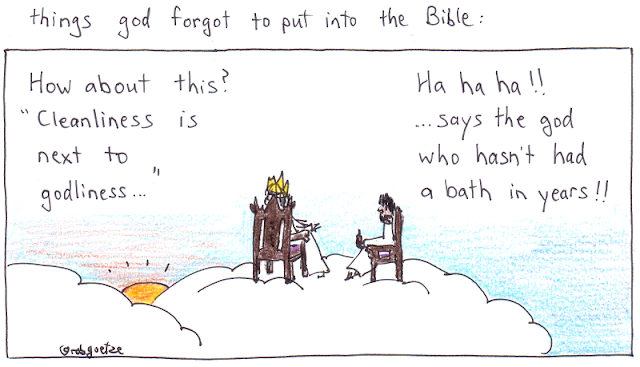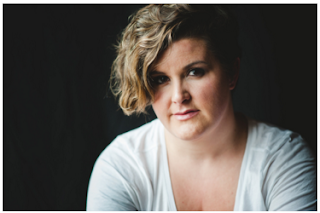Would it have changed much if God had put that verse in the Bible? Would the world be a better place? Would we no longer have a history of centuries of cultural genocide of indigenous peoples, of colonization, of white supremacy?
I mean, Jesus himself said things like:
“You have heard that it was said, ‘Love your neighbor and hate your enemy.’ But I tell you, love your enemies and pray for those who persecute you, that you may be children of your Father in heaven. He causes his sun to rise on the evil and the good, and sends rain on the righteous and the unrighteous. If you love those who love you, what reward will you get? Are not even the tax collectors doing that? And if you greet only your own people, what are you doing more than others? Do not even pagans do that? Be perfect, therefore, as your heavenly Father is perfect.and yet look at the world around us and what people who call themselves Christians are saying and doing...
(Matthew 5:43 - 48, NIV)




